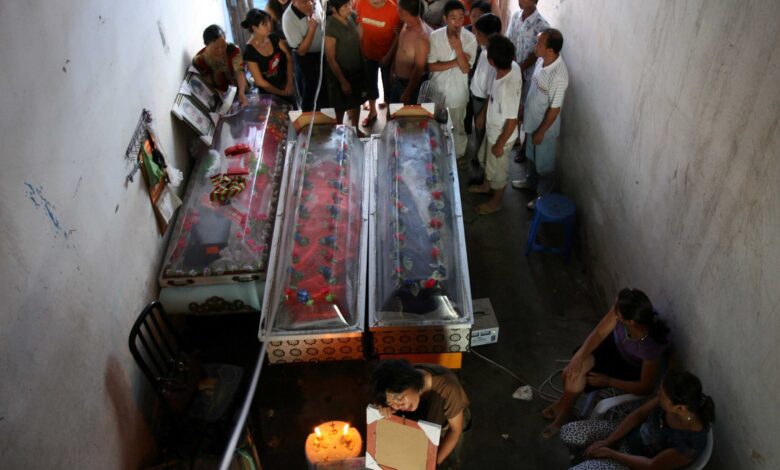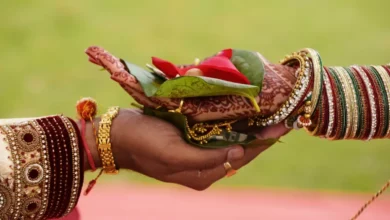Dead girl sold for $9,300 as ‘ghost bride’ in China; What’s this tradition?
In China, a father accuses adoptive parents of selling his deceased daughter as a "ghost bride." This tragic case sheds light on the complex intersection of ancient traditions and modern legal challenges.

In a heart-wrenching case in China, a man accuses the adoptive parents of his 16-year-old daughter, Xiaodan, of selling her as a “ghost bride” after her tragic suicide. The intricate web of ancient traditions, modern legal frameworks, and cultural nuances has thrust this centuries-old practice into the spotlight.
The Allegations:
Sun, grieving father to Xiaodan, alleges that her adoptive parents orchestrated a ghost marriage, a ritual deeply ingrained in Chinese history for over 3,000 years. The adoptive parents reportedly received a bride price of 66,000 yuan (US$9,300) for posthumously marrying Xiaodan to a deceased man named Zhang. This ancient practice, while rooted in tradition, has ignited controversy and scrutiny due to its perceived infringement on the dignity of the deceased.
Ancient Tradition Meets Modern Tragedy:
Ghost marriages involve forging familial bonds between deceased individuals, often referred to as the “ghost couple.” This centuries-old tradition aims to secure blessings for unmarried souls in the afterlife. Despite its historical significance, ghost marriages face increasing criticism as incompatible with contemporary values, representing a clash between ancient customs and evolving societal norms.
Legal Quandaries:
Sun’s accusations, shedding light on the commodification of ghost marriages, highlight the challenges in addressing this issue within existing legal frameworks. Authorities, despite tracing the bride price money transfer, found no legal grounds for prosecution. This legal impasse underscores the complexity of navigating practices within a modern legal context, leaving grieving families with limited recourse.
Critics and Cultural Challenges:
While ghost marriages have persisted in specific less-developed rural areas, critics argue that they contribute to heinous crimes, such as the theft of corpses or bone ashes to serve as “brides” for the deceased. This dark underbelly of the tradition raises ethical concerns and prompts calls for stricter regulations to prevent exploitation and criminal activities associated with ghost marriages.
Balancing Tradition and Modernity:
The persistence of ghost marriages reflects the broader challenge of reconciling cultural practices with evolving legal perspectives. In a rapidly modernizing China, the clash between ancient traditions and contemporary values becomes more pronounced. Ghost marriages, once widely accepted and practiced, now find themselves under scrutiny, with growing calls for reassessment and regulation to prevent abuses of the tradition.
Legal Repercussions and Cultural Sensitivities:
The lack of legal repercussions in Xiaodan’s case underscores the need for a nuanced approach that respects cultural sensitivities while safeguarding individual rights. As Chinese society grapples with the tension between tradition and modernity, finding a delicate balance becomes imperative to address such complex cases and prevent potential abuse of cultural practices.
The tragic case of Xiaodan exposes the multifaceted challenges embedded in the practice of ghost marriages in China. As ancient traditions collide with modern legal frameworks, questions of ethics, cultural preservation, and individual rights come to the forefront. Striking a balance that respects cultural heritage while safeguarding against potential exploitation remains a formidable task, requiring careful consideration and evolving legal perspectives. The story of Xiaodan serves as a poignant reminder of the intricate dance between tradition and progress in a rapidly changing society.
You might also be intersted in – Five Indian states go on alert following pneumonia outbreak in China



